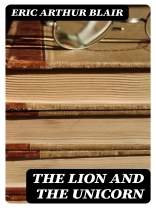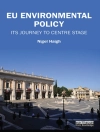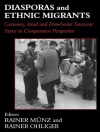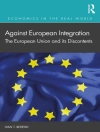In ‘The Lion and the Unicorn: Socialism and the English Genius, ‘ Eric Arthur Blair, more famously known as George Orwell, embarks on a meticulous examination of English national character and the social conditions of his time. Written in the midst of World War II, this essay articulates a fervent plea for a socialist approach to rebuilding England. Orwell’s prose is marked by clarity and insight, blending literary elegance with political urgency, and spans a critical analysis of the romantic idealism versus pragmatic socialist ideals, reflecting the tensions of 20th-century British society. Through this work, Orwell envisions a redefined England merging traditional values with modern aspirations, making it a seminal text in understanding the ideological battles of his era. Orwell, a committed social critic with a history of political engagement, draws from his varied experiences, including his time fighting in the Spanish Civil War and his observations of mass poverty and class disparity in Britain. His deep-seated concern for social justice and a better society is evident, as he seeks to address the contradictions within the English spirit while simultaneously critiquing the rise of fascism and imperialism. These experiences profoundly inform his voice in this work, making it a unique intersection of personal conviction and political scrutiny. This book is a vital recommendation for anyone interested in the political landscape of Britain and the evolution of socialist thought. Orwell’s incisive commentary not only provides a historical perspective but also remains pertinent in contemporary discussions about national identity and social justice. Readers will find themselves challenged and inspired by Orwell’s commitment to the ideal of a fairer, more equitable society.
लेखक के बारे में
Eric Arthur Blair, more widely known by his pen name George Orwell, was born on June 25, 1903, in Motihari, Bengal, British India, and later became one of the most celebrated English novelists and essayists of the 20th century. Orwell’s work is renowned for its lucid prose, biting social criticism, opposition to totalitarianism, and outspoken support of democratic socialism.
Orwell’s experiences in the Spanish Civil War and his astute observations of the political climate leading up to World War II heavily influenced his writing. His disdain for imperialism was reflected in his first novel, ‘Burmese Days’, while his subsequent service in the Imperial Police in Burma gave him a keen insight into the oppressive mechanisms of colonialism, which he would later dissect in essays like ‘Shooting an Elephant’. Orwell’s allegorical novella, ‘Animal Farm’, provides a scathing satirical depiction of totalitarianism and Stalinism, while ‘1984’, his dystopian masterpiece, explores the grim possibilities of a future ruled by tyranny and surveillance.
The Lion and the Unicorn: Socialism and the English Genius’, written during the tumult of World War II, reflects his belief in a uniquely English form of democratic socialism. With his characteristic blend of critical realism and moral clarity, Orwell’s writing continues to resonate, timeless in its analysis of the human condition and the political structures that impact it. Literature scholars frequently cite Orwell for his profound impact on political writing and the continued relevance of his work in modern socio-political discourse (Rodden, 1989; Hitchens, 2002).












